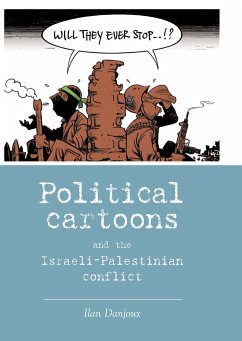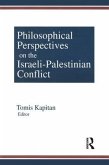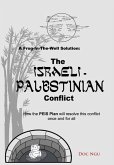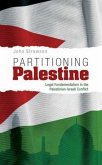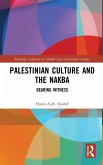In 2005, twelve political cartoons of the Islamic prophet Mohammed sparked international waves of protest and violence. What troubled many people about these provocative images was the anti-Islamic sentiment they purportedly exposed. Satire and polysemous symbolism have long made political cartoons safe havens for extreme opinion and unfounded accusation. It would be easy to dismiss the Danish cartoon controversy as a gross overreaction to a few offensive images until one considers that many Jews in Nazi Germany or Tutsis in Rwanda dismissed the seriousness of political cartoons that demonised their communities. Yet even if one accepts that targets of ridicule become victims of violence, it remains unclear whether political cartoons are actually harbingers of conflict. Do political cartoons predict violence? To answer this question Ilan Danjoux examined over 1200 Israeli and Palestinian editorial cartoons to explore whether changes in their content anticipated the outbreak of the Al-Aqsa Intifada in October of 2000. Despite stark differences in political, economic and social pressures, a notable shift in focus, style and tone accompanied the violence. With over fifty illustrations and using a detailed methodology, Political Cartoons and the Israeli Palestinian Conflict provides readers an engaging introduction to cartoon analysis and a novel insight into the Israeli-Palestinian conflict. In a region fraught with contested realities, the cartoon's ability to capture the latent fears and unspoken beliefs of these antagonists offers a refreshing perspective on how both Israelis and Palestinians perceived each other and their chances for peace on the eve of the Second Intifada. This book will be of interest to students and lecturers of the politics of the Middle East, conflict analysis and global politics and anyone who is interested to learn more about the effects and influence of political cartoons.
Hinweis: Dieser Artikel kann nur an eine deutsche Lieferadresse ausgeliefert werden.
Hinweis: Dieser Artikel kann nur an eine deutsche Lieferadresse ausgeliefert werden.

